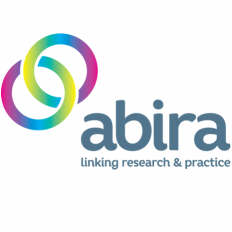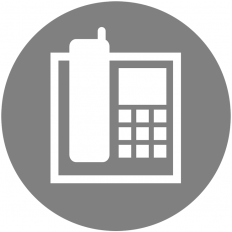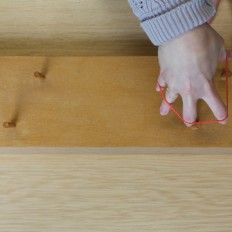
About ABIRA
At ABIRA, the driving force behind our research programme is the desire to make interventions for people with Acquired Brain Injury even better,...
ABIRA has access to a range of research facilities in both Norwich and Cambridge. The facilities enable ABIRA to optimise resources into the study of rehabilitation following brain injury through disease or trauma. Further information can be found here.
As part of the University of East Anglia’s Health Sciences Faculty, the MoveExLab has three cohesive laboratory areas: Neurophysiology, Biomechanics and Exercise Physiology.
The equipment in each area enables researchers to make sensitive and objective measurements about how the human body responds during the execution of a given task. These measurements range from a person’s musculoskeletal/joint activity, their central nervous movement control and their rate of oxygen consumption when performing physical activity.
The data that is collected comes from a variety of everyday activities such as walking, standing up from a chair and picking up a cup. Other activities such as running, cycling and balancing tasks are also used in order to produce comprehensive results and conclusions.
The neurophysiology lab focuses on very specific measurements that relate to information about how the central nervous system (brain and spinal cord) is controlling movement. Techniques such as Transcranial Magnetic Stimulation (TMS) and Electromyography (EMG) measurements are used. The equipment used in this lab has been purchased from world leading manufactures in the area of Neurophysiology, which gives researchers a greater opportunity to look at these measurements in greater depth. Key equipment includes:
The biomechanics lab focuses on large movements such as gait and balance. Measurements such as force, centre of mass and joint angles are obtained whilst people are performing normal everyday activities such as walking (gait) or standing up from a chair. The equipment used in this lab has been purchased from world leading manufactures in the area of biomechanics, which gives researchers a greater opportunity to look at these measurements in greater depth. Key equipment includes:
The exercise physiology lab focuses on the impact exercise has on the rehabilitation process after a brain injury has occurred. Research in this lab also looks at physiological aspects such as VO2 max and body composition with relation to stroke and other brain injuries.
The lab has been used as an exercise studio/gym during specific studies in the past and hosts a range of exercise equipment for use in rehabilitation studies, The equipment used in this lab has been purchased from world leading manufactures in the area of exercise physiology, which gives researchers a greater opportunity to look at these measurements in greater depth. Key equipment includes:

At ABIRA, the driving force behind our research programme is the desire to make interventions for people with Acquired Brain Injury even better,...

Email: abira@uea.ac...

Current publications completed by members of the ABIRA are listed below. 2022 Knights, E., Smith, F.W. & Rossit, S. (2022) The role of the...

ABIRA plays host to a range of research projects across Norwich and Cambridge. Here are some of the projects we are involved in to improve...